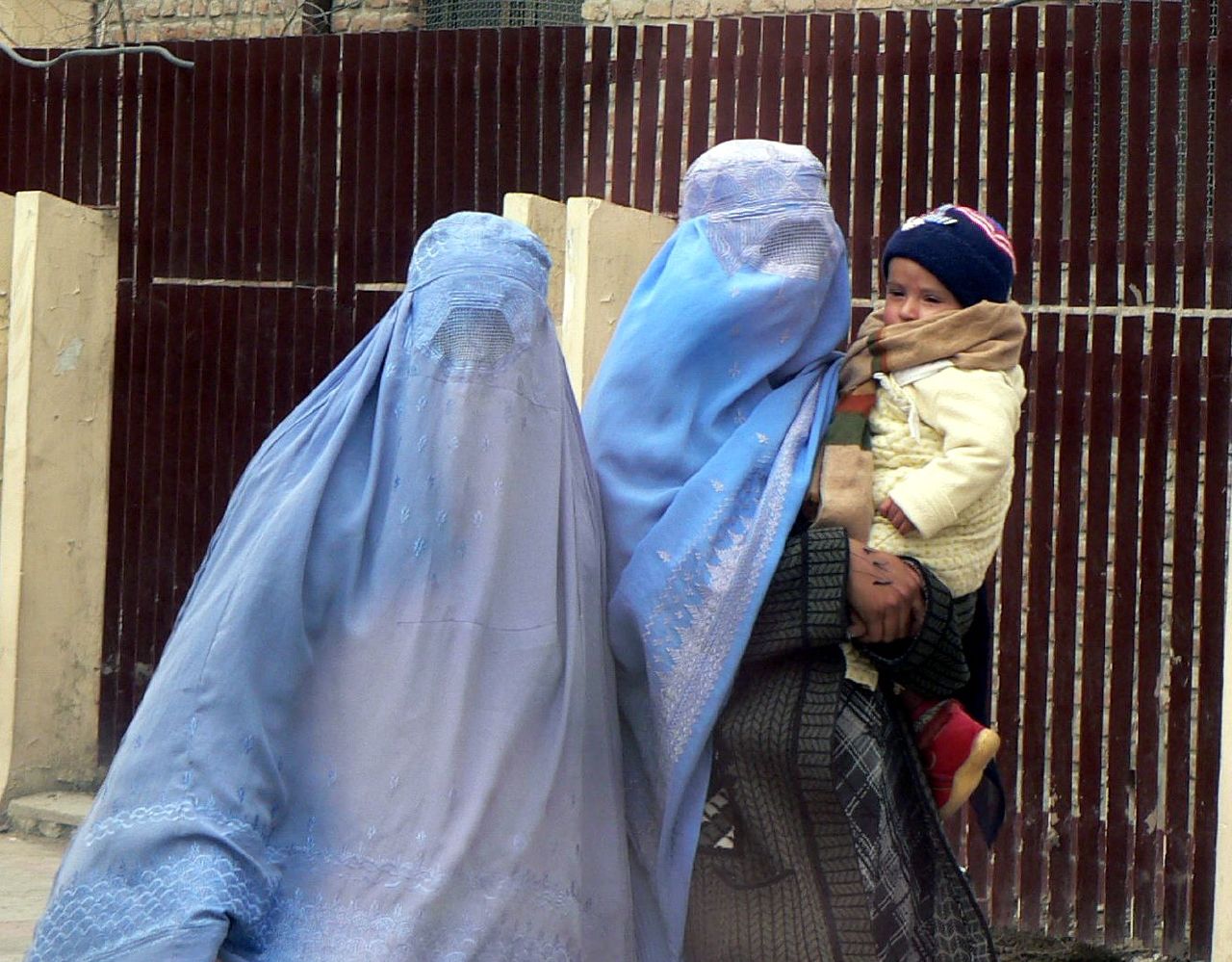- About
- Topics
- Picks
- Audio
- Story
- In-Depth
- Opinion
- News
- Donate
-
Signup for our newsletterOur Editors' Best Picks.Send
Read, Debate: Engage.
| topic: | Good Governance |
|---|---|
| located: | Afghanistan |
| editor: | Shadi Khan Saif |
With some of its recent moves and appointments, the Taliban in Afghanistan seems to be beating its previous records of sheer defiance of the basic norms of meritocracy.
Even during their previous regime, between 1996 and 2001, it had at least appointed figures from the academic community to lead the country’s most prestigious educational institution, Kabul University, despite defying merits and principles in an array of other placements and decisions.
However, this time around, as the militant group grabs the reins of power in Kabul, it has chosen a young university graduate with a dubious academic and militant background to replace an internationally acclaimed PhD scholar and lead this prestigious academic institution, where thousands of young adults come to seek wisdom and knowledge.
Announcing this shocking development, the Taliban’s Ministry of Higher Education on Tuesday, 21 September, declared one of their former fighters, Mohammad Ashraf Ghairat as the new chancellor for the revered public university - thus ousting Dr. Osman Babary, who had earned his doctorate from Germany and held rich academic experience from Russia and India.
Established in the 1930’s and located in the heart of the country’s capital, Kabul University has over 20,000 registered students, making it the country’s largest state-run academic institution.
With much of the international community abandoning their skill development, training and education projects following the military withdrawal, Kabul University was the only beacon of hope for the future of the country - a place of community where young minds could be trained and educated on values, wisdom and techniques of the modern world.
Sacrificing all of these benefits to appease the agenda of high level Taliban members is utterly appalling to say the least.
It is also important to note that, per Article 5 of the Law of the Ministry of Higher Education, the chancellor of a higher education institution should be selected from among the professors of the relevant establishment with a senior rank.
As an immediate impact of this inadequate appointment, a number of senior professors and lecturers have already decided to renounce their positions at the university and abandon the sacred job of teaching as a manner of protest.
This has all occurred while the Taliban attempts to institute their agenda of gender-based segregation in public universities right as the academic year - which has already been challenged by the pandemic and war - is nearing its end.
Photo by Hiroyoshi Urushima

